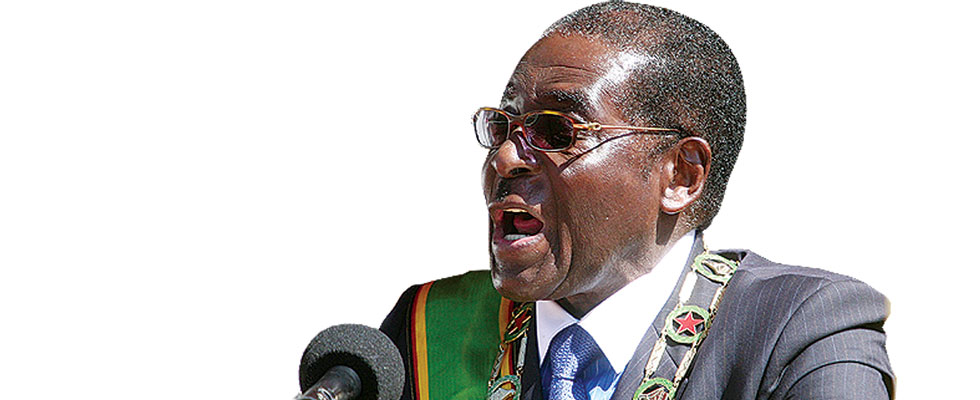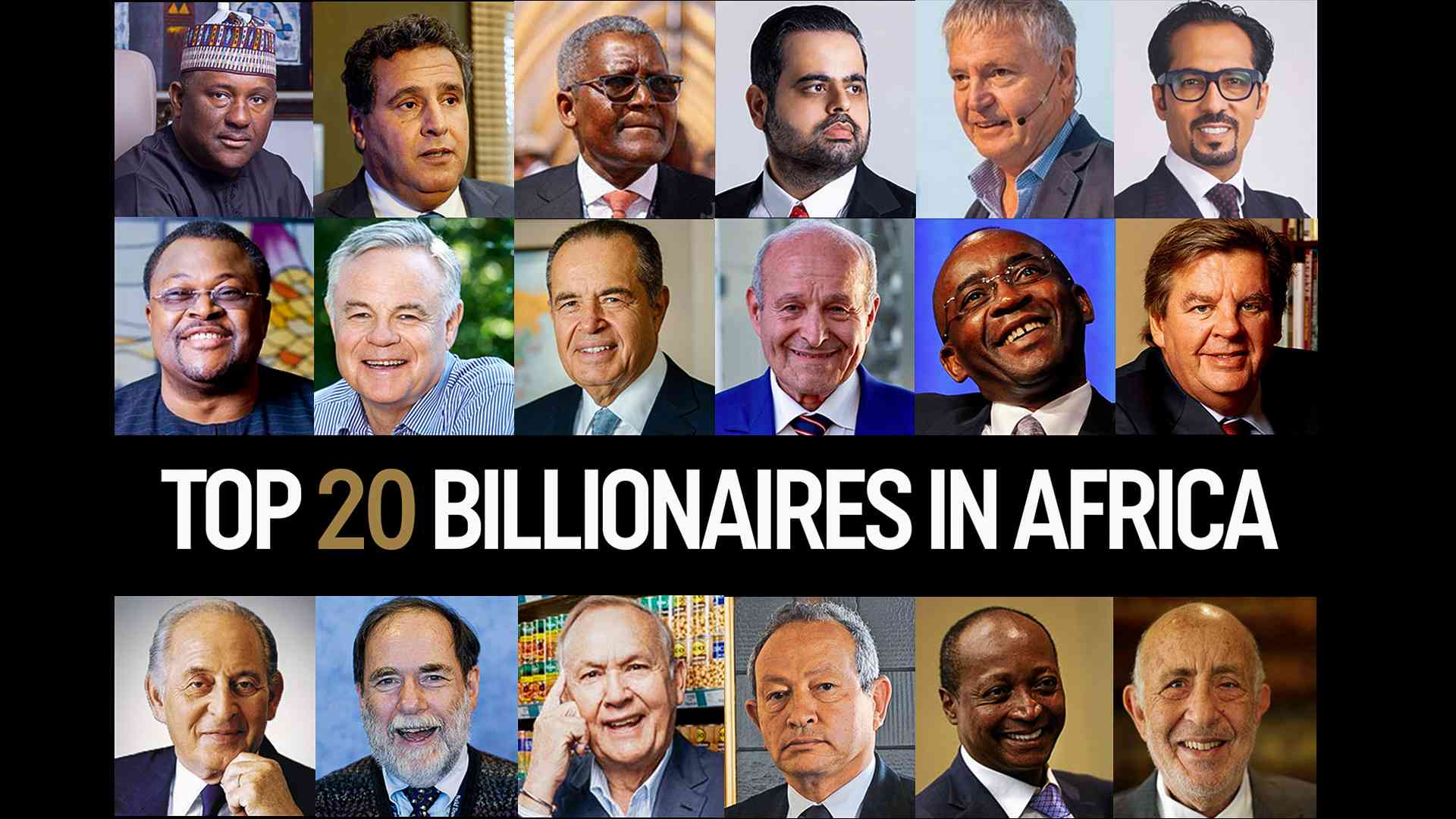
INVESTIGATIONS by the government into the operations of State enterprises where senior officials were awarded mega salaries and perks have been described as suspicious with political analysts saying the government could not have been unaware of what was happening.
By Phillip Chidavaenzi
They said the ongoing purges were likely part of a grand scheme of political cleansing as the same executives were appointed by parastatal boards appointed by government ministers.
Analysts who spoke to NewsDay yesterday said the government was in a desperate economic fix and the new drive against corruption was probably meant to woo foreign investors who demanded a clear–cut system of checks and balances in public parastatals.
The remarks came in the wake of indications that the police were now ready to kick–start criminal proceedings against suspects named in underhand dealings in public institutions.
Leadership Institute for Transformation and Social Change director Godwin Phiri said government’s purges had been motivated by its failure to lure foreign investors.
“I would say this government has failed to lure foreign investors. You have to show commitment to dealing with the underlying issues. Clearly, issues of corruption, poor corporate governance are key factors in economic performance,” he said.
Suspended Zimbabwe Broadcasting Corporation chief executive officer Happison Muchechetere was pocketing $40 000 in salary and allowances while the corporation’s workers had gone for six months without pay and Premier Service Medical Aid Society chief executive Cuthbert Dube earned $230 000 per month at a time when the society had accumulated $38 million debts.
- Chamisa under fire over US$120K donation
- Mavhunga puts DeMbare into Chibuku quarterfinals
- Pension funds bet on Cabora Bassa oilfields
- Councils defy govt fire tender directive
Keep Reading
Phiri said it, however, remained to be seen whether or not the government would pursue the fight against corruption in the public sector to its logical conclusion.
“While we must commend these efforts, in the long term Zimbabweans will be waiting to see if these issues are going to be addressed with finality, and this means there should be no sacred cows,” he said.
Former State Enterprises minister Gorden Moyo (MDC–T) recently told our sister paper, The Standard, that President Robert Mugabe was aware of what had been happening in the public institutions and the unorthodox dealings happened with the blessings of the responsible ministers.
“We raised these issues when they came out, but nothing happened. They are known. The President was aware,” he said. “Line ministers were accomplices to the crimes so they could not prevail on the parastatal bosses.”
Media Centre director Ernest Mudzengi said he was not convinced that the renewed anti–corruption drive was genuine, describing it as “politically driven” as all the emerging scandals should have been exposed earlier.
“These things were happening in parastatals that were supposed to be under the oversight of certain ministers,” Mudzengi said. “Where were they? Are those ministers not supposed to be investigated as well? And where were the boards?”
Mudzengi said the fact that the anti-graft fight was inspired by deliberate leakages of information from certain quarters raised suspicion.
“We received a report on these issues from (Gorden) Moyo, which were revealed to government long back and no action was taken then,” he said.











